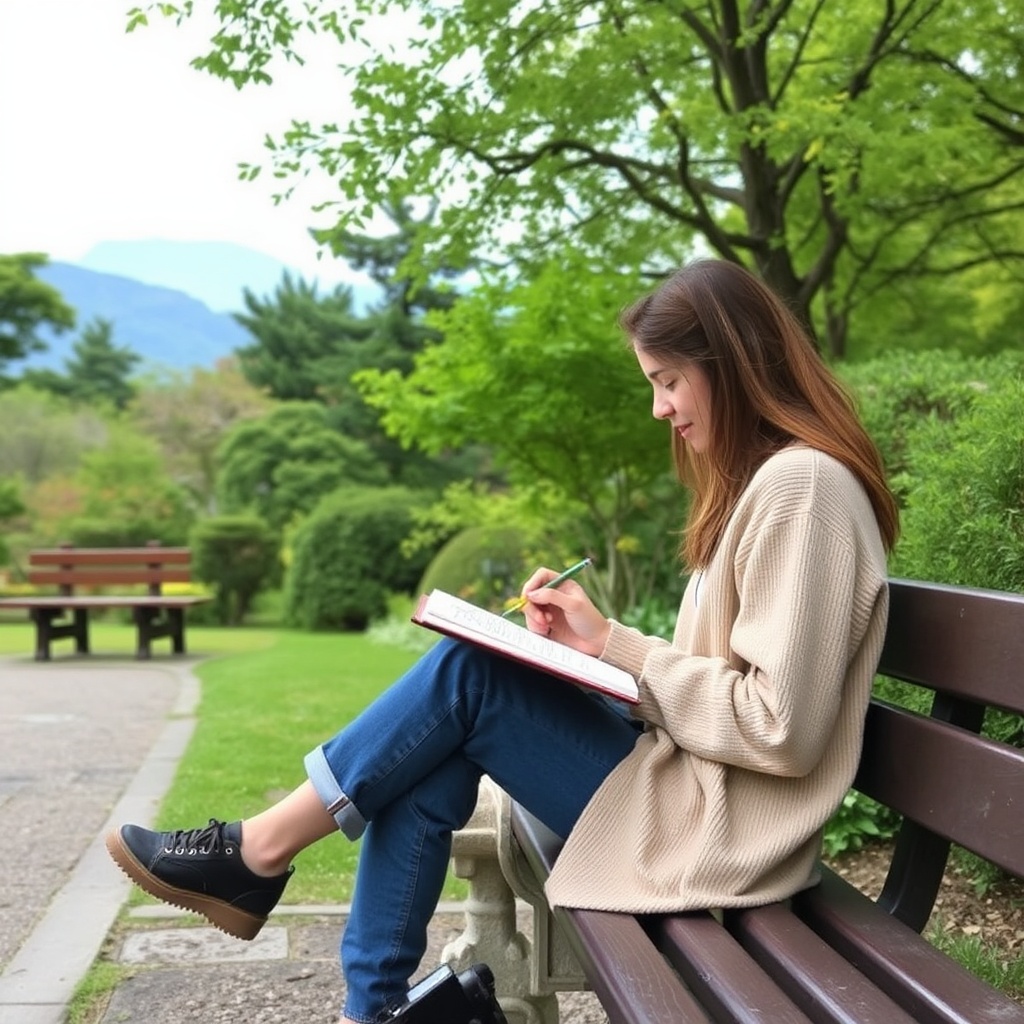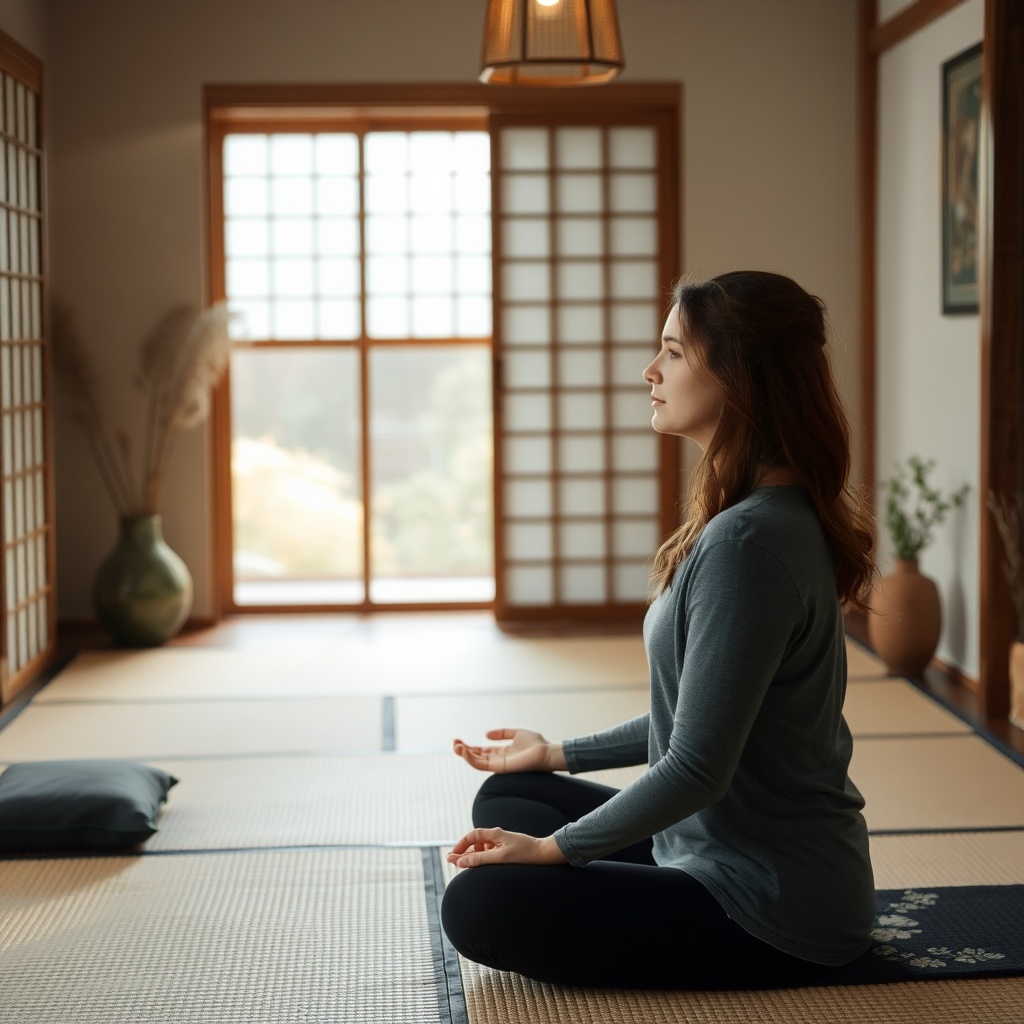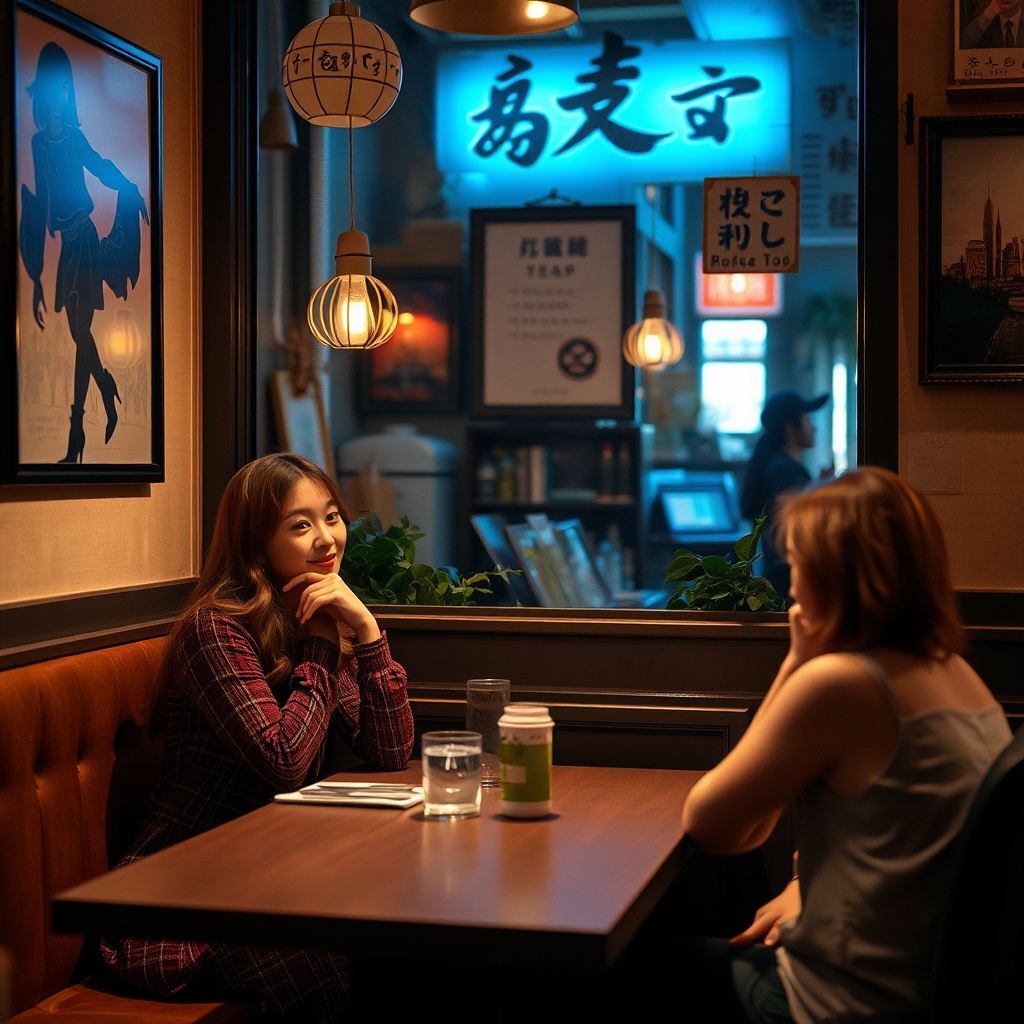Interview with Bianca Toeps: A Journey to Japan and Beyond
I am absolutely thrilled to share my recent interview with the incredibly talented Bianca Toeps! After devouring her delightful book, This Autistic Girl Went to Japan – and You Won’t Believe What Happened Next, I knew I had to speak with her. Bianca’s storytelling transported me into her world, filled with vivid experiences of navigating life in Japan as an Autistic woman. Her previous work, But You Don’t Look Autistic at All, captivated me as well, chronicling her inspiring journey to relocate to Japan amidst various challenges, including a global pandemic. As a long-term resident of Japan myself, I found many parallels in our stories, especially when she described the quirky and oh-so-Japanese elements of her life. It was a joy to hear her recount how she feels so at home in her cozy Tokyo apartment!
Speaking with Bianca, her intelligence and creativity shone through immediately. Despite my nerves during the interview, she was incredibly kind and patient, allowing me to babble on without a hitch! Bianca’s openness in sharing her experiences makes her an extraordinary author and an even more remarkable person.
If you haven’t already, I highly recommend picking up Bianca’s latest book, This Autistic Girl Went to Japan – and You Won’t Believe What Happened Next, and don’t forget the audiobook version! You can also follow her adventures on Instagram @biancatoeps.
Getting to Know Bianca Toeps
Jo: It’s such a pleasure to meet you! Reading your book this week has been a delightful experience, and now here you are in front of me! I relate to so many aspects of your journey, even if our stories aren’t identical. For instance, though I didn’t have to deal with a global pandemic, I had a similar experience where I had to leave Japan for a bit while waiting for a visa to be approved. I remember feeling like, “But this isn’t my Japan! I want to be home!”
Bianca: Ah! I get what you mean! You can find some of the food and products, and sure, there’s a Daiso, but it’s just not the same! It’s like trying to recreate your favorite dish without the secret ingredient!
The Battle for the Perfect Book Cover
Jo: First off, huge congratulations on your book! I know that the English translation took a while, so it might not feel “new” to you anymore, but it absolutely blew me away! Your writing style is so conversational and engaging, and I love how you guide readers through the steps of moving to Japan.
Now, I have to ask: as someone who adores the color pink, did your publishers ever push back about having pink covers for your books?
Bianca: Oh, that’s a funny story! Initially, I was with a different publisher who told me that my writing was too much like a blog (which was true!) and that the pink cover might scare off potential readers. Can you believe it? I was ready to give up, but a friend convinced me to keep going and find a publisher who would embrace my vision. And it worked! The new publisher loved my concept and my cover design. For my children’s book, we even created a reversible cover so kids could choose which side to display. It’s all about aesthetics and fun!
Breaking Down Stereotypes
Jo: I appreciate how you take the time in your book to dismantle stereotypes about life in Japan. You mention the buzzword “ikigai” and how your Japanese friend humorously dismissed it as a self-help cliché. It’s refreshing to see this kind of honesty, especially when discussing the unrealistic idea of buying an abandoned house in the countryside for a mere $10,000.
Bianca: Exactly! While those stories sound dreamy, the reality is often far from it. I love that you noticed that in my writing!
Jo: You also maintain a positive tone throughout your stories, even when discussing the frustrations of navigating visa processes and bureaucratic hurdles during the pandemic. How do you manage to keep such a positive outlook?
Bianca: Oh, let me tell you, I wasn’t always calm! There were moments when I felt like throwing my phone out of sheer frustration. I had to learn that following the rules was essential. It’s a game of patience and understanding the system. I realized that if I wanted to get things done, I had to play by Japan’s rules, even when it seemed overly rigid.
Finding Balance in a New Culture
Jo: You mentioned how your experiences reflect a determination to succeed. Have you always been this focused on your goals?
Bianca: You could say I’m quite stubborn! Once I set my mind to something, I go all in. Even during the pandemic, when things felt overwhelming, I kept telling myself that I could find a way. But there was a moment when I realized that sometimes, there just aren’t any loopholes. I had to accept that.
Jo: Did you ever think about giving up during those tough times?
Bianca: No way! I had already committed to this journey. I felt like I had no safety net back home, so I had to make it work!
Personal Boundaries and Autistic Life in Japan
Jo: I found your insights about maintaining personal boundaries in your work and life incredibly valuable. I believe that many Japanese people might resonate with the idea of being sensitive to noise and chaotic environments, as the Japanese culture often promotes quiet spaces. What are your thoughts?
Bianca: I came across an interesting concept called kakure-asupe, or “Hidden Aspergers,” suggesting that many people might not realize they are on the spectrum. In a structured environment like Japan, Autistic individuals can sometimes thrive, but when challenges arise, it can be much harder to find support.
Jo: It seems like there’s a delicate balance between fitting in and standing out in Japanese society. How do you navigate that?
Bianca: I think being a foreigner gives me a bit of leeway. My friends appreciate my directness, which helps them feel comfortable too. I don’t work in a traditional Japanese company on purpose; I know it wouldn’t suit me. I enjoy the predictability of everyday interactions, like saying “Ojamashimasu” when entering someone’s home. It’s comforting!
Exciting Future Plans
Jo: What’s the most exciting thing that has happened since you became a published author?
Bianca: Oh, recently, I spoke at a Disney event about Autism! It was surreal to share my story with a company that has meant so much to me. I even got emotional on stage, but it seemed to resonate with the audience!
Jo: That’s incredible! What’s next for you? Any upcoming projects we should know about?
Bianca: I’m currently working on a planner designed specifically for Autistic individuals, in collaboration with a Dutch brand. It aims to help people manage sensory stimuli and gain insights into their thought processes. It’s exciting, and I hope to see translations in the future!
In conclusion, if you haven’t read Bianca’s books yet, I highly recommend diving into her world. You can find her on Instagram @biancatoeps and keep up with her latest adventures!




